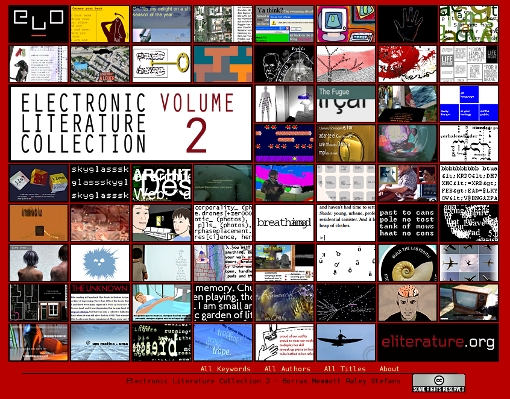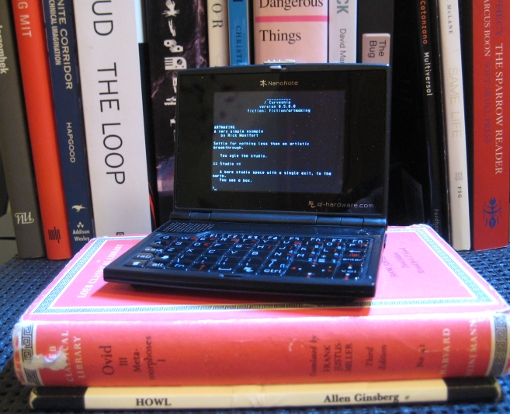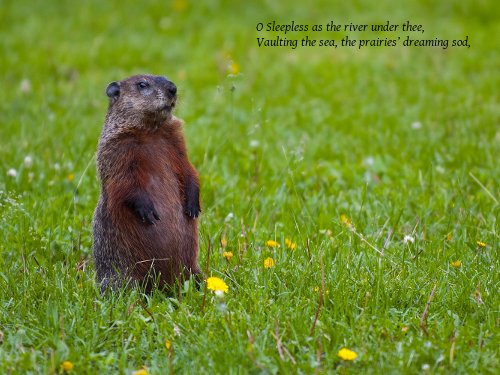Games, motivation, and pleasure
Today at Tilt we are thinking about play and motivation, looking at variable ratio reward scheduling, empathy, and other means by which players might find pleasure in a game. To Caillois in his Man, Play, and Games, the experiences of competition, chance, altered perception (vertigo), and make believe are ways in which play can set the stage for pleasure. Csíkszentmihályi’s flow state (and the nice excerpt from Flow and the Psychology of Discovery and Invention) is worth a read; it is a nice investigation into pleasure through perseverance. But what about the simple satisfaction of completion, or taking a step toward completion? Or, how about, the classic Barthes treatise on The Pleasure of the Text, one of Tiltfactor’s all time favorite reads?






